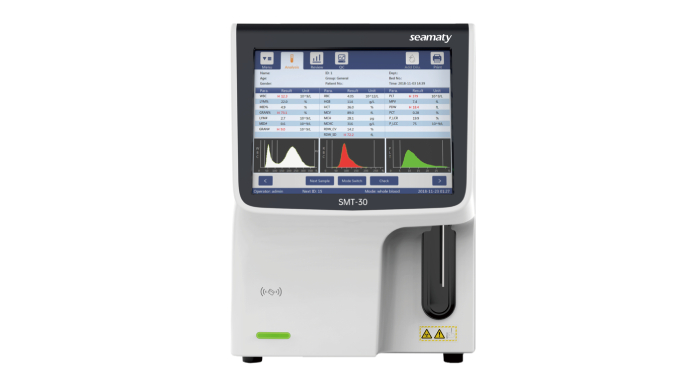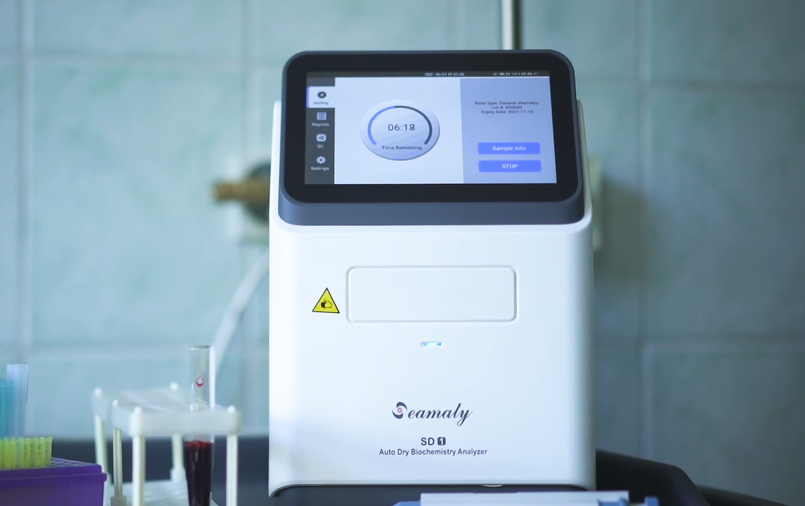release time:2021-11-02 16:04:52

2022-09-18
Hematology analyzers, also known as cbc machines, are mainly divided into fully automatic and semi-automatic instruments on the market today.The difference between 3-Part and 5-Part Hematology Analyzer?

2022-07-06
A clinical chemistry analyzer is a machine used to perform chemical analyses of various samples, including blood and urine. Chemistry analyzers are an important part of many clinical laboratories,

2022-04-01
Biochemical testing is increasingly recognised by clinical veterinarians as an aid to the diagnosis and treatment of diabetes in cats. This article will briefly discuss the changes in the biochemical parameters during the course of diabetes in cats.